ADVANCED
HEART
FAILURE
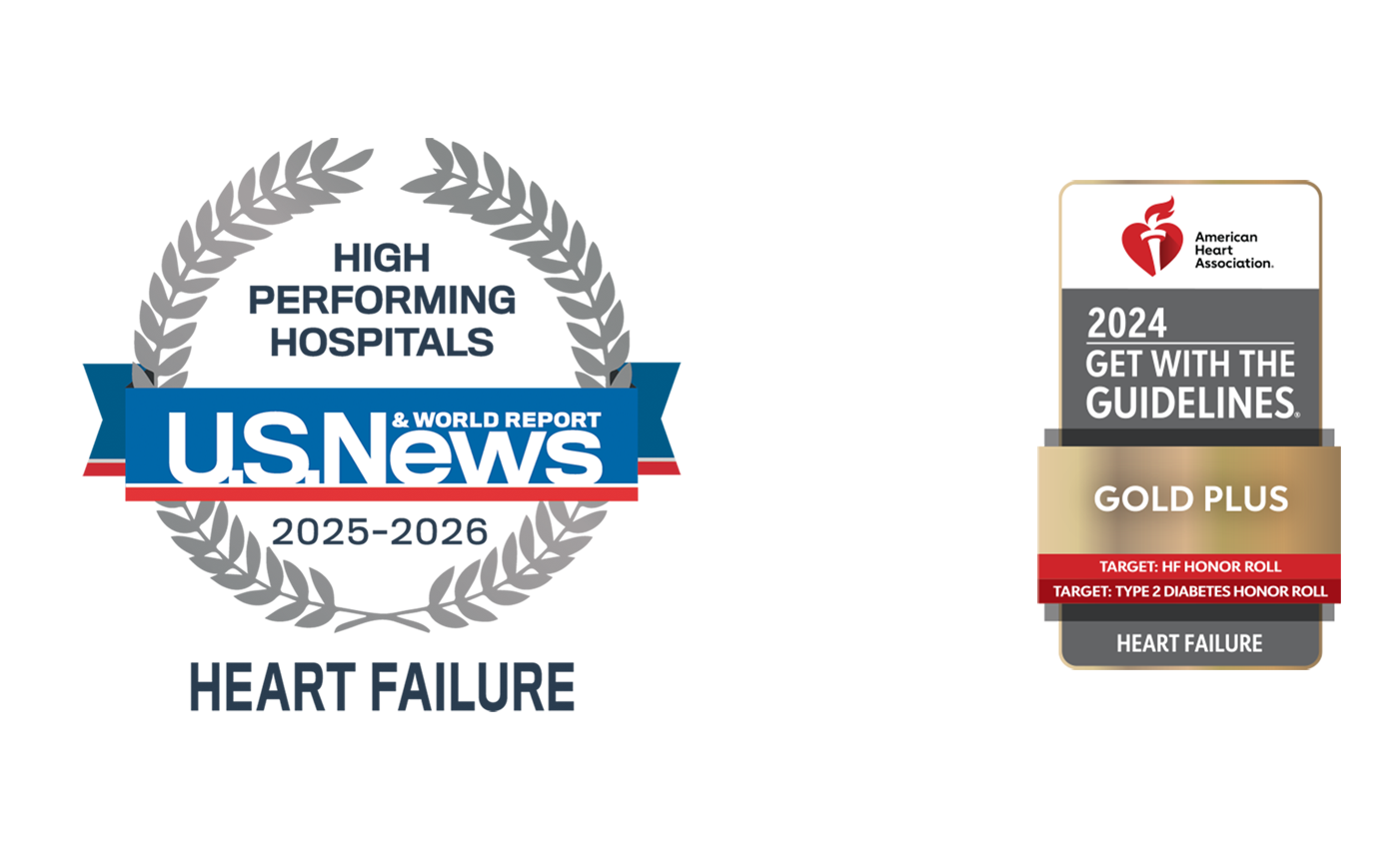
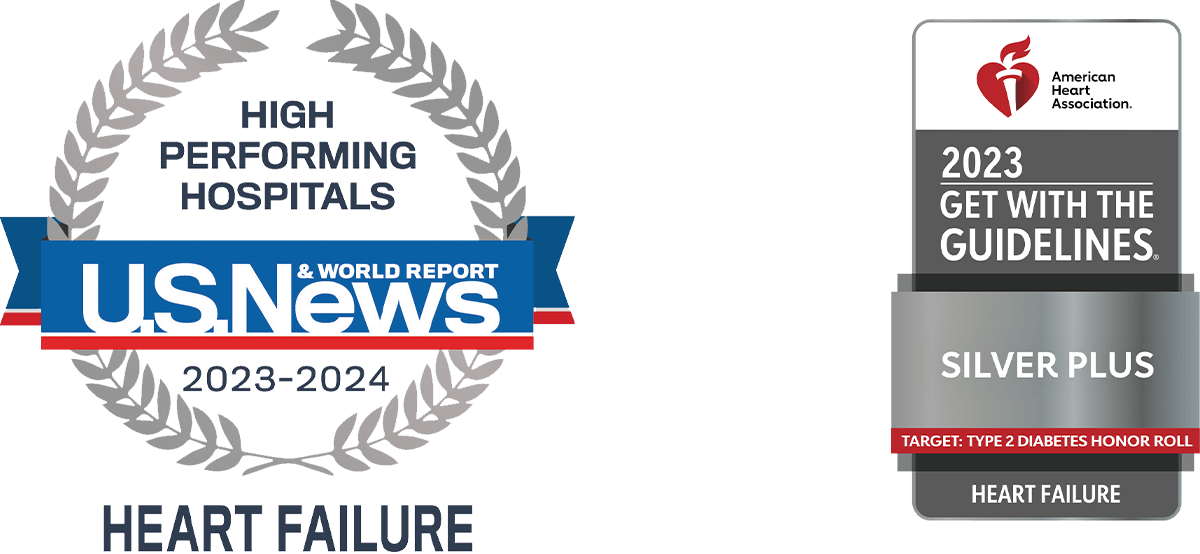
At UHealth, you have access to experienced and dedicated specialists in advanced heart therapies.
Our Heart Failure Innovation and Treatment Program provides access to leading-edge therapies, including new medicines, innovative devices, remote monitoring and disease-management strategies for heart failure. We take on complex heart failure and if medical and device therapy isn't appropriate or working, we can assess whether heart transplantation or left ventricular assist devices should be considered. As a leading academic-based health system, UHealth can provide more options beyond what is generally available.
Why Choose UHealth?
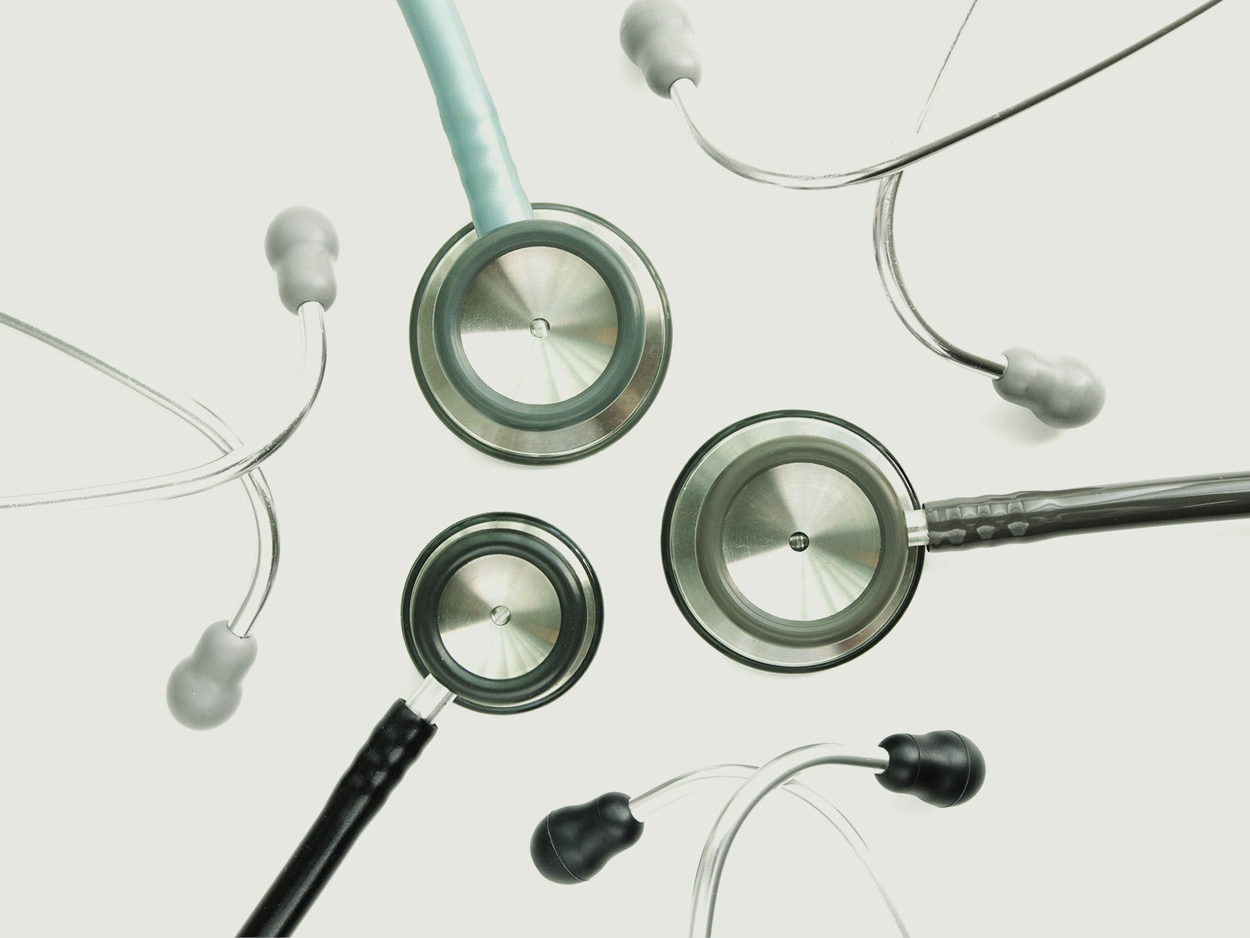
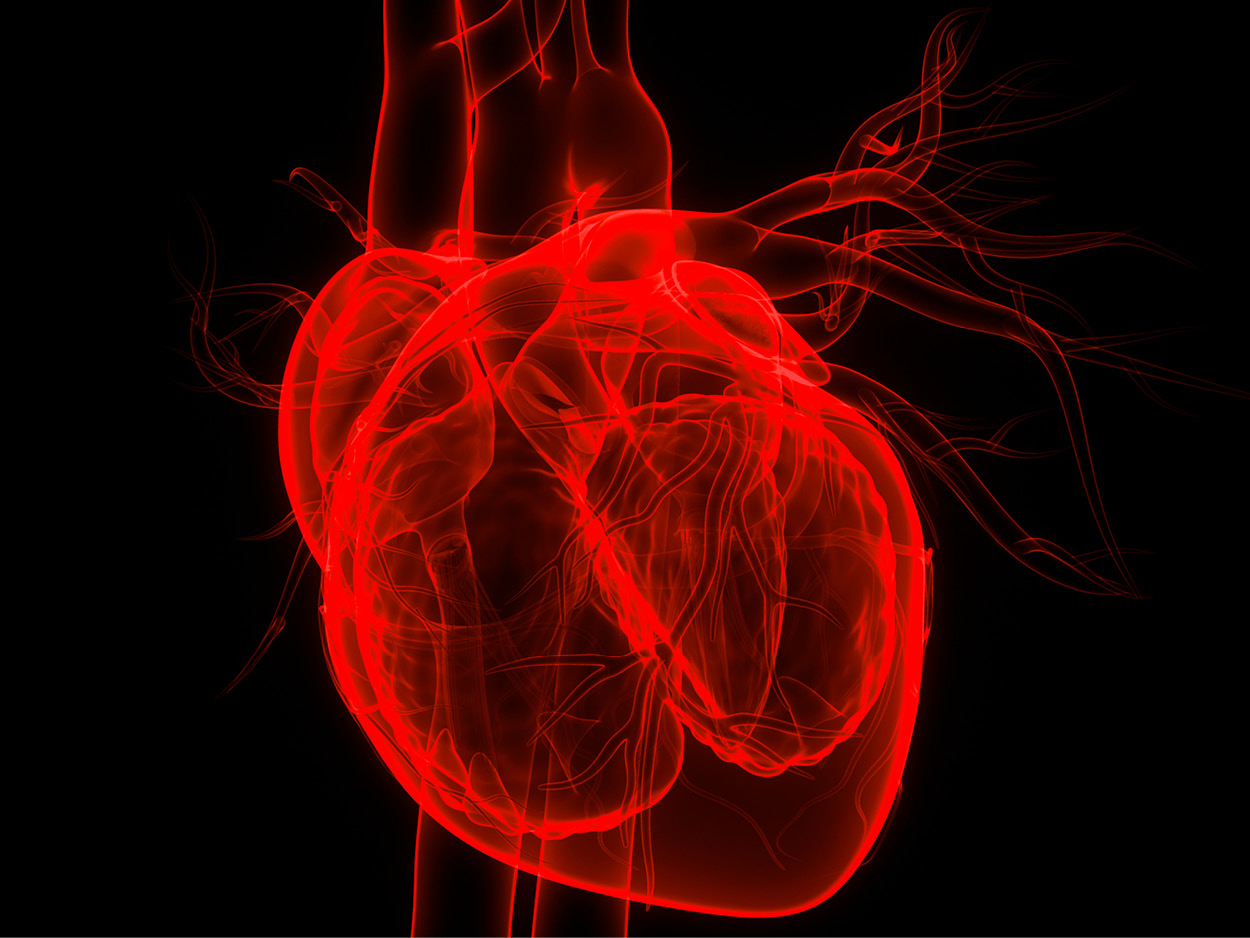
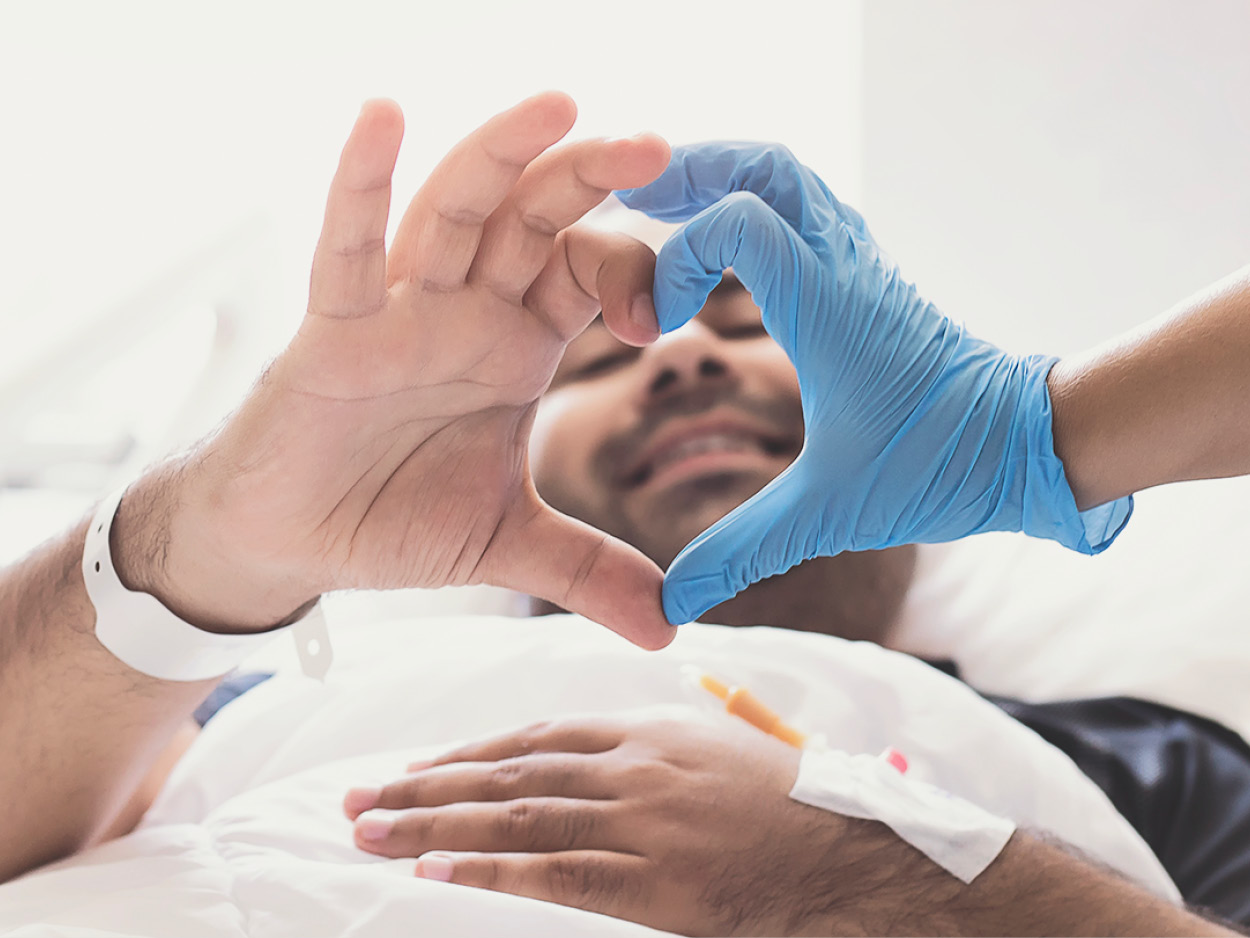
Treatments
With the use of today's treatment options — including prescription medications, medical devices, surgical measures and lifestyle modifications — the majority of heart failure patients do not progress to the most severe (and most life-threatening) stage of the syndrome. With an appropriate disease management program, many patients can recover heart function, and some are able to enter remission with normal heart function.
MEDICATIONS
Most of the medications prescribed for heart failure work to re-establish the normal function of your body’s hormones and neurologic systems that contribute to worsening heart failure. These medications can improve cardiac, neurological and hormonal functions, which contribute to the quality of life. Many of them can improve survival rates for those living with heart failure.
DEVICES
Devices can include biventricular pacing/cardiac resynchronization therapy (CRT), an implantable cardioverter defibrillator and ventricular assist devices (VADs). Additionally, other implantable devices, such as the Barostim Neo, the Optimizer and the Mitraclip, can help your heart and circulatory system function more efficiently.
Request an Appointment
Existing patients can schedule an appointment by logging in to
MyUHealth Chart or by calling 305-243-5554.
Existing patients can schedule an appointment by logging in to MyUHealth Chart or by calling 305-243-5554.
